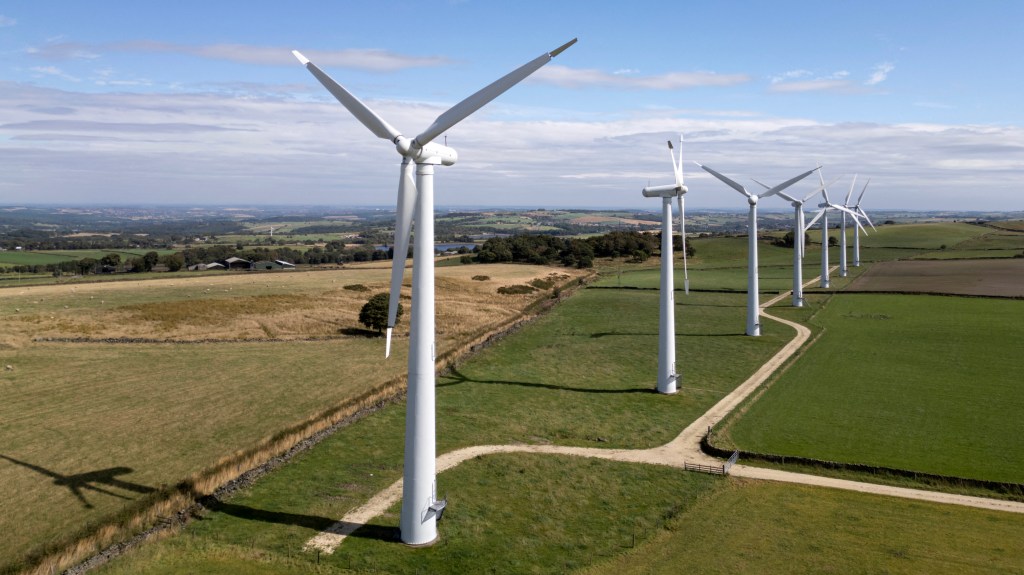Outdated Energy Regulations Increase Net Zero Costs by Billions
The financial burden of achieving net zero emissions is projected to be significantly higher unless there are substantial reforms to green subsidies and transmission cost structures, warns a prominent think tank.
According to a recent report from the Centre for Policy Studies, both households and businesses are experiencing rising energy bills due to outdated regulations regarding power generation, regulation, trading, storage, and transmission.
The report suggests that developers participating in annual contracts-for-difference auctions need to be more transparent about the costs linked to renewable energy production, such as the necessity for additional storage solutions. Incorporating these considerations into the pricing of successful generators would help prioritize the most cost-effective technologies.
Furthermore, the report advocates for implementing “local discounting” for consumers who consent to the installation of pylons or onshore wind turbines in their vicinity, along with “local pricing” for transmission charges.
It also recommends lowering prices for energy suppliers that transmit electricity during times of excess grid capacity, incentivizing them to deliver energy efficiently to areas where it can be easily stored.
Already, constraint costs—arising when the grid becomes overloaded—add between £500 million and £1.5 billion to annual bills, as per the Electricity System Operator.
The report calls on the government to revise the UK energy markets, steering away from short-term gas prices as a benchmark as reliance on renewables grows. This would involve changes to the price cap affecting household energy rates.
Authored by John Penrose, a former Conservative MP and chair of the party’s policy forum, the report outlines 20 recommendations aimed at achieving net zero in a more financially efficient manner.
This year, the previous government initiated a consultation targeting reforms within the electricity market, including incentives for renewable generators to store energy instead of immediately discharging it on the market.
The Labour Party has aimed for complete decarbonization of the electricity system by 2030, in addition to ambitious objectives to double onshore wind capacity, triple solar energy generation, and quadruple offshore wind resources.
Penrose emphasized that there is significant discussion surrounding cuts to winter fuel payments, but not enough focus on strategies to lower overall energy bills. He warned that without necessary reforms, the costs of reaching net zero would significantly escalate, imposing substantial financial burdens on British households and jeopardizing UK manufacturing capabilities. However, he stated that if decarbonization is approached effectively, cleaner energy could also be more affordable.
A representative from the Department for Energy Security and Net Zero remarked that transitioning to domestically produced energy is essential for securing energy reliability and shielding consumers from future price volatility. The government is currently assessing feedback from the electricity market reform consultation, ensuring a focus on protecting consumers.




Post Comment